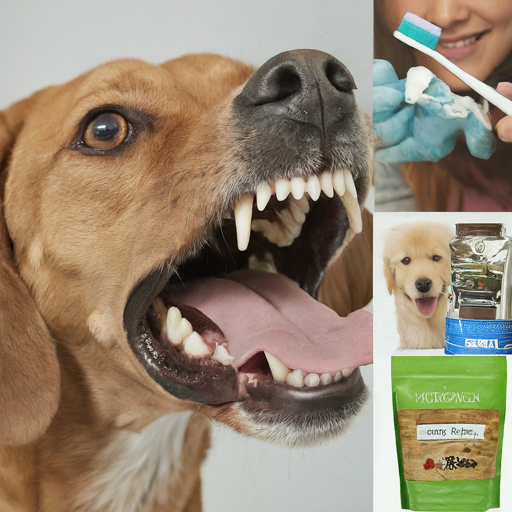
Expert Tips for Your Dog’s Dental Health
Taking care of your dog’s teeth is just as important as looking after your own. Dental health is crucial for your furry friend’s overall well-being. Yet, it’s easy to overlook dental issues in dogs because they’re experts at hiding their pain.
However, ignoring dental problems can lead to serious health issues for your beloved pet. Tooth decay can escalate into dangerous periodontal diseases, which can even be life-threatening. That’s why it’s essential to take proactive steps to protect your dog’s oral health.
Firstly, keep an eye out for signs of dental problems. Your dog may become irritable or lethargic, or they might have difficulty eating. Checking their gums and teeth regularly can help you spot any issues early on. Healthy gums are pink, but red or swollen gums could signal trouble.
One crucial way to protect your dog’s teeth is by brushing them regularly. Just like humans, dogs need their teeth cleaned to prevent gum disease. But if daily brushing isn’t feasible, there are alternatives. Dry food diets and dental chews can help reduce plaque and tartar buildup, promoting better oral health.
Dr. Umesh Kalahalli, a Small Animal Consultant, emphasizes the importance of these alternatives. Dry food diets formulated for dental care can reduce plaque and tartar, while a balanced diet rich in calcium and phosphorus supports strong teeth.
Here are some expert tips to keep your dog’s oral health in check:
Brushing for Prevention: Daily teeth brushing is the best way to prevent gum disease in dogs. But if that’s not possible, consider using dental chews or making dietary changes to support oral health.
Role of Oral Care Chews: Oral care chews can complement your dog’s oral hygiene routine. While they shouldn’t replace dental treatment, they can help maintain dental health between cleanings.
Influence of Diet: Dry food diets can reduce dental deposits and the incidence of periodontal disease in dogs. Ensure your dog’s diet includes the right balance of calcium and phosphorus for strong teeth.
Avoid Hazardous Chews: Be cautious of giving your dog oral chews or bones that aren’t specifically designed for dental health. Some products may contain harmful chemicals or pose a choking hazard.
Regular Veterinary Examinations: Schedule routine dental examinations for your dog with a veterinarian. They can provide professional cleanings and recommend appropriate dental care products.
By following these tips and staying proactive about your dog’s dental health, you can ensure they have a happy and healthy smile for years to come. After all, a healthy mouth means a happy dog!
